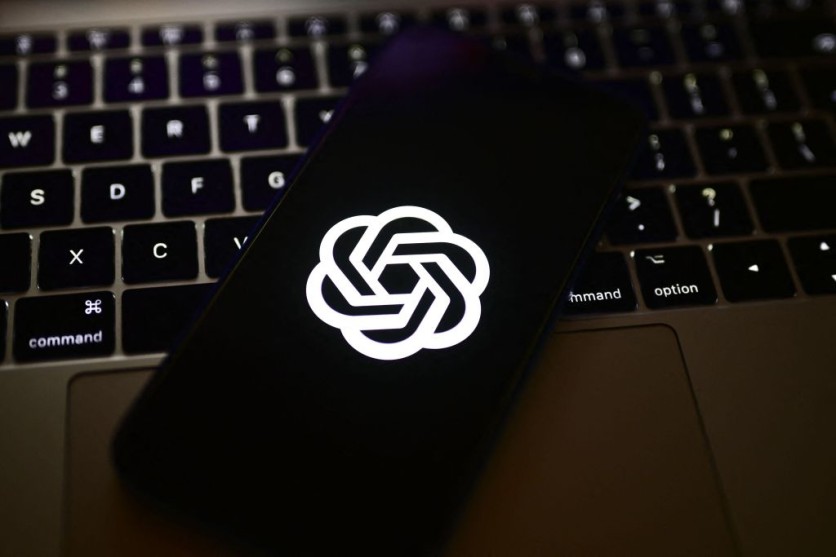OpenAI, the company behind popular AI chatbot ChatGPT, has recently applied to trademark "GPT," an acronym for "Generative Pre-trained Transformer," reported first by TechCrunch.
This move comes after several other companies have attempted to trademark similar names, such as ThreatGPT, MedicalGPT, DateGPT, and many more, which were all inspired by OpenAI's successful ChatGPT chatbot, which utilizes the GPT-4 deep learning model.

What would happen if OpenAI trademarks "GPT"?
If OpenAI is successful in obtaining a trademark for "GPT," it would mean that the company would have exclusive rights to use that term in the context of machine learning and artificial intelligence products and services.
This would prevent other companies from using "GPT" to market their similar products and services, thereby helping OpenAI protect its brand and reputation.
It could also lead to legal action against other companies that are currently using the term "GPT" in their branding or marketing, including those that have applied for trademarks with the USPTO.
This could result in a significant shake-up in the AI chatbot industry, with some companies potentially having to rebrand or change their marketing strategies to avoid infringing on OpenAI's trademark.
Additionally, securing a trademark for "GPT" could give OpenAI a competitive advantage in the marketplace by making it more difficult for other companies to enter the market with similar products or services.
It could also boost investor confidence in OpenAI's long-term prospects, as the company would have a stronger position in the rapidly growing field of AI and machine learning.
Read Also : FTC: AI Tech May Help 'Turbocharge' Fraud in Different Industries with its Capabilities, Commission is On It
Did OpenAI Seal the GPT Name?
OpenAI's initial petition to the United States Patent and Trademark Office (USPTO) was dismissed last week due to a missed fee payment and a lack of supporting documentation.
The decision on the trademark could now take up to five more months. Even then, the outcome is uncertain, according to Jefferson Scher, a partner at Carr & Ferrell, in his statement with TechCrunch.
Scher also notes that OpenAI's success with ChatGPT has made "GPT" a recognizable and popular acronym, which could help the company establish its proprietary claim to the term.
However, Scher warns that OpenAI may face challenges from competitors and other market participants who may not perceive "GPT" as a proprietary term.
Furthermore, Scher believes that OpenAI may be able to benefit from trademark law, where the fame of a registered mark is a dominant factor. If OpenAI can establish that "GPT" is a famous trademark, it would receive protection, even outside of its sphere.
OpenAI's application for the "GPT" trademark comes as the use of AI chatbots is on the rise. These bots utilize deep learning models to understand human language and can respond to queries, providing customer service or other assistance.
Related Article : OpenAI GPT-5 Update: CEO Sam Altman Says It's Not Coming... For Now; Here's What They're Working On Instead

ⓒ 2026 TECHTIMES.com All rights reserved. Do not reproduce without permission.




